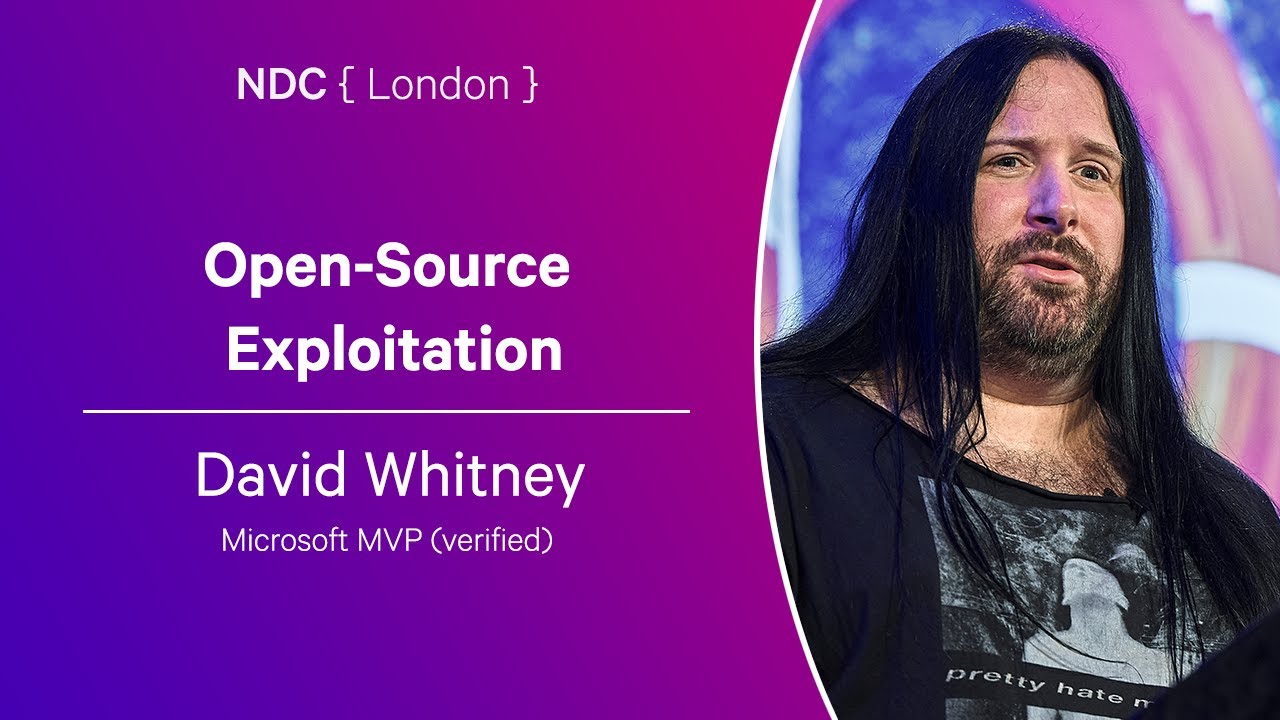Thinker
Person interested in programming, languages, culture, and human flourishing.
- 3 Posts
- 11 Comments
I’ll stick with nushell for terminal-first data interactions.
I think the point is that they don’t want to have to use a full JS framework (which is what HTMX is) for this behavior.
And this is where HTMX fits in. It’s an elegant and powerful solution to the front-end/back-end split, allowing more of the control logic to operate on the back-end while dynamically loading HTML into their respective places on the front-end.
But for a tech-luddite like me, this was still a bit too much. All I really want to do is swap page fragments using something like AJAX while sticking to semantically correct HTML.
EDIT: Put another way, if you look at HTMX’s "motivation"s:
motivation
- Why should only
<a>&<form>be able to make HTTP requests? - Why should only
click&submitevents trigger them? - Why should only
GET&POSTmethods be available? - Why should you only be able to replace the entire screen?
By removing these constraints, htmx completes HTML as a hypertext
It seems the author only cares about the final bullet, and thinks the first three are reasonable/acceptable limitations.
- Why should only
If you dig the structured output of powershell, you might want to check out Nushell. It’s a cross-platform shell that builds on powershell’s structured data approach but is much less verbose and, in my opinion, more intuitive than both powershell and Posix shells.

 1·5 months ago
1·5 months agoThis misses the fact that even the experts have been using “AI” to refer to whatever technology used to seem impossible, until it becomes commonplace. Before LLMs there were heuristic algorithms, and then expert systems, and then intelligent agents and then deep learning. As the boundaries of what is deemed achievable expand, the definition of AI moves to just beyond the frontier.
There are several things I disagree with in this article, although I see where the author is coming from. I will never be onboard with “I’ll take my segfaults and buffer overflows.”, and I fundamentally disagree about concurrency. I also think that cargo is fantastic, and a lack of standard build tools is one thing that holds rust’s predecessors back.
However, a majority of the authors points can be boiled down to “C is more mature”, which doesn’t tell us much about the long-term viability and value of these languages. For example, in the author’s metric of stability and complexity, they use C99 as the baseline, but C99 is the state of a language that had already had almost 3 decades of development, whereas Rust has been stable for less than a decade. Talking about superior portability, stability, and even spec, implementations, and ABI is in some real sense just saying “C is older”.
That’s not to say those things aren’t valuable, but rather they aren’t immutable characteristics of either language. And given that safety is playing an ever more important role in software, especially systems software, I think Rust will catch up in all the ways that are meaningful for real projects more quickly than most of us realize. I certainly don’t think it’s going anywhere anytime soon.

 1121·6 months ago
1121·6 months agodeleted by creator
TypeScript React (although I like Svelte better, it’s hard to pitch for business projects), C# ASP.NET Core API, Postgresql.
I think they’re referring to the fact that Edge runs on the Chromium engine which, as the name implies, is a Google product.

 93·9 months ago
93·9 months agoSince I am not a woman, transgender or otherwise, I won’t comment on the differences or similarities of their experiences. That said, excluding transgender women from a woman-oriented space does not seem helpful or thoughtful to me, just transphobic.
Also, distinguishing between women and females is not something I’m familiar with and don’t feel good about it. It’s certainly self-evident that afab women and transgender women have on average different lives experiences especially during their formative years in which an interest in tech and CS is likely to be either cultivated or discouraged. Nonetheless, given the significant prejudice against transgender people, I imagine few women would begrudge them participation in this community.

 2813·9 months ago
2813·9 months agoThe first comment literally wasn’t talking about a whole group of people, they were talking about the men in this thread leaving comments that illustrate the exact reason why this space created by and for women and non-binary people should be about and for the benefit of women and non-binary people.

 7419·9 months ago
7419·9 months agoThis is such a brain dead take. The conference exists to support a group that has been and is actively discriminated against and harassed in the tech industry. All the men crashing the event care not at all about the conference, its mission, and its participants - they’re just desperate to find a job. And while I absolutely sympathize with people suffering unemployment, it’s really shitty (and sadly so typical and indicative of the problem) to flood a space designed for women and non-binary people, completely disregarding them in the race to get ahead.





Have you tried developing a GUI app for Windows in the last 5 years? All the official first-party frameworks are either mostly deprecated (WPF, WinForms), or half-baked and despised by every developer I’ve talked to about them (MAUI).